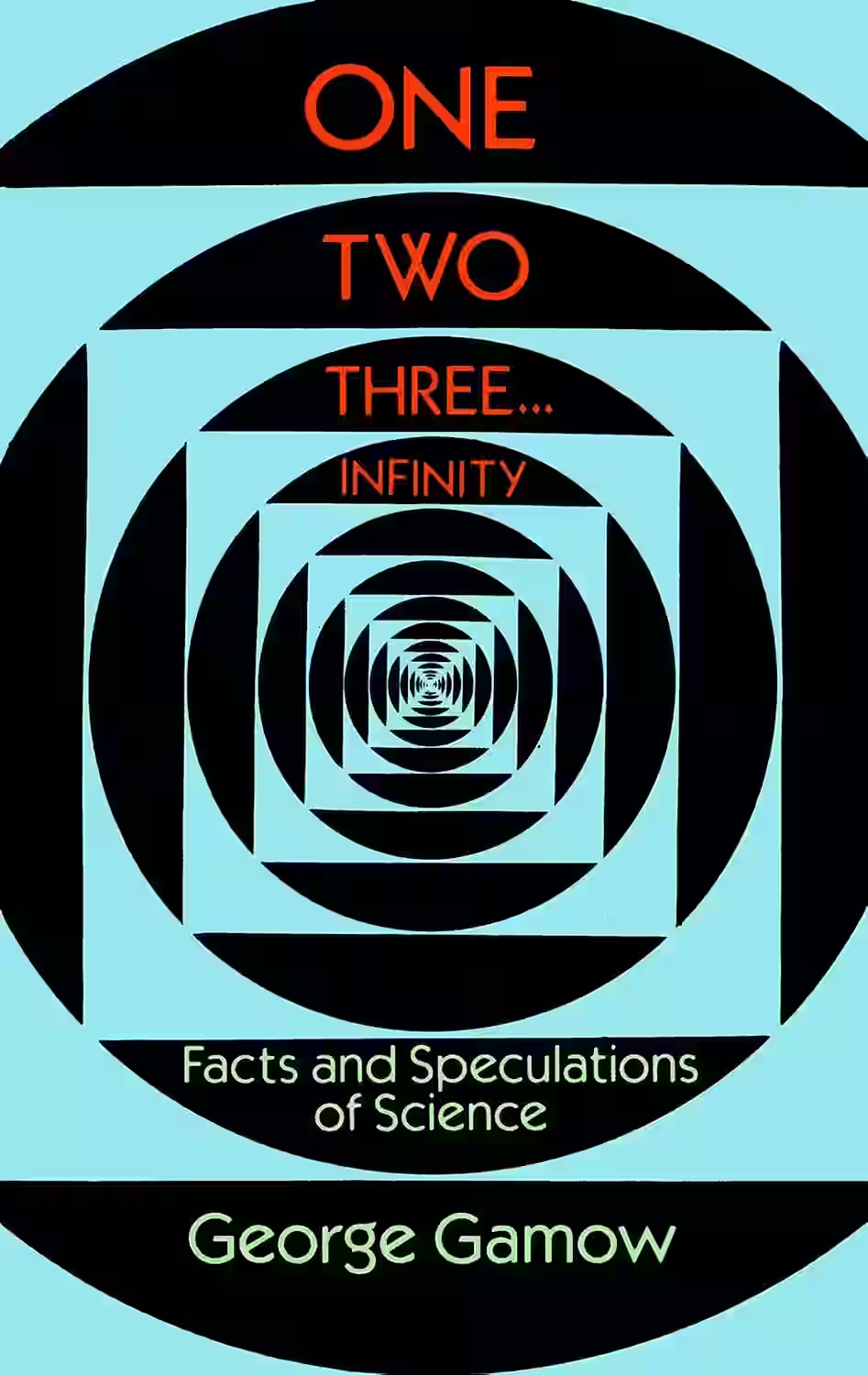
This classic science book offers a playful, accessible exploration of fundamental concepts in math and physics. George Gamow—a theoretical physicist and gifted writer—explains topics like infinity, relativity, atomic structure, and probability with humor and clarity. Written for a general audience, the book makes abstract ideas tangible through thought experiments and analogies. First published in 1947, it remains a beloved introduction to scientific thinking and curiosity. Gamow’s enthusiasm for discovery is infectious, making this an inspiring read for both students and adults interested in the wonder of the universe and the logic that underpins it.
About George Gamow
George Gamow was a Ukrainian-American physicist and cosmologist known for his pioneering work on the Big Bang theory and nuclear fusion. A brilliant scientist and gifted communicator, Gamow also wrote popular science books, including One, Two, Three… Infinity, to make complex scientific ideas accessible to general readers. His playful style and use of illustrations made topics like relativity, quantum theory, and cosmology engaging and understandable. Beyond his scientific achievements, Gamow helped shape how science is taught and understood, inspiring generations of students and curious minds with his clarity, humor, and passion for discovery.
Similar Books
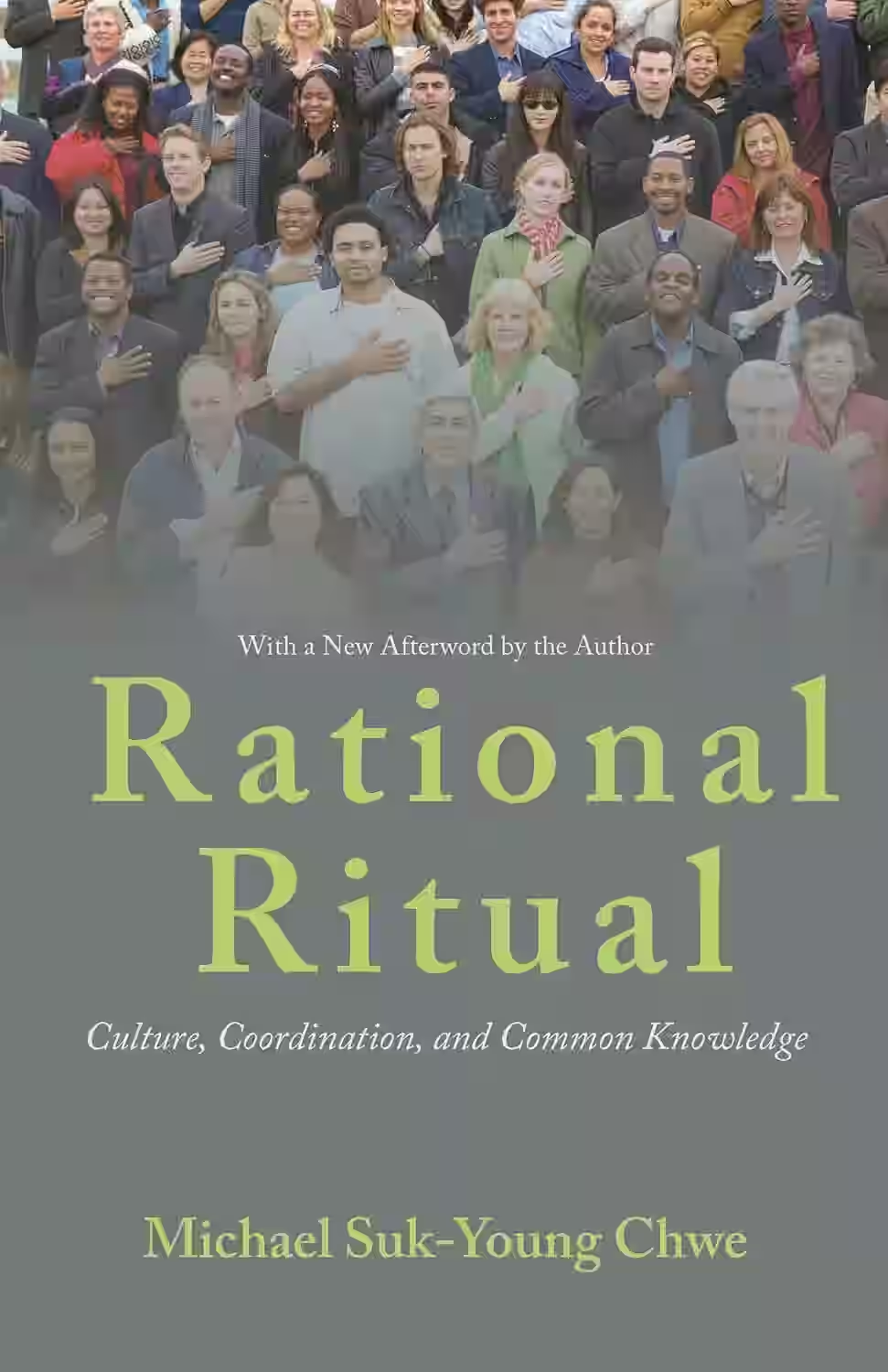
Rational Ritual
Rational Ritual explores how rituals—from presidential inaugurations to sports events—create common knowledge, a shared awareness that everyone knows everyone knows. Chwe, a game theorist, argues that these shared experiences are vital for coordination in society. By applying game theory to cultural rituals, he sheds light on why such practices persist and how they help societies function. The book offers unique insights into advertising, politics, and social networks. Zuckerberg recommended Rational Ritual for its relevance to online platforms, where creating and managing shared experiences is key. It’s an intellectually stimulating read for anyone interested in the intersection of culture and logic.
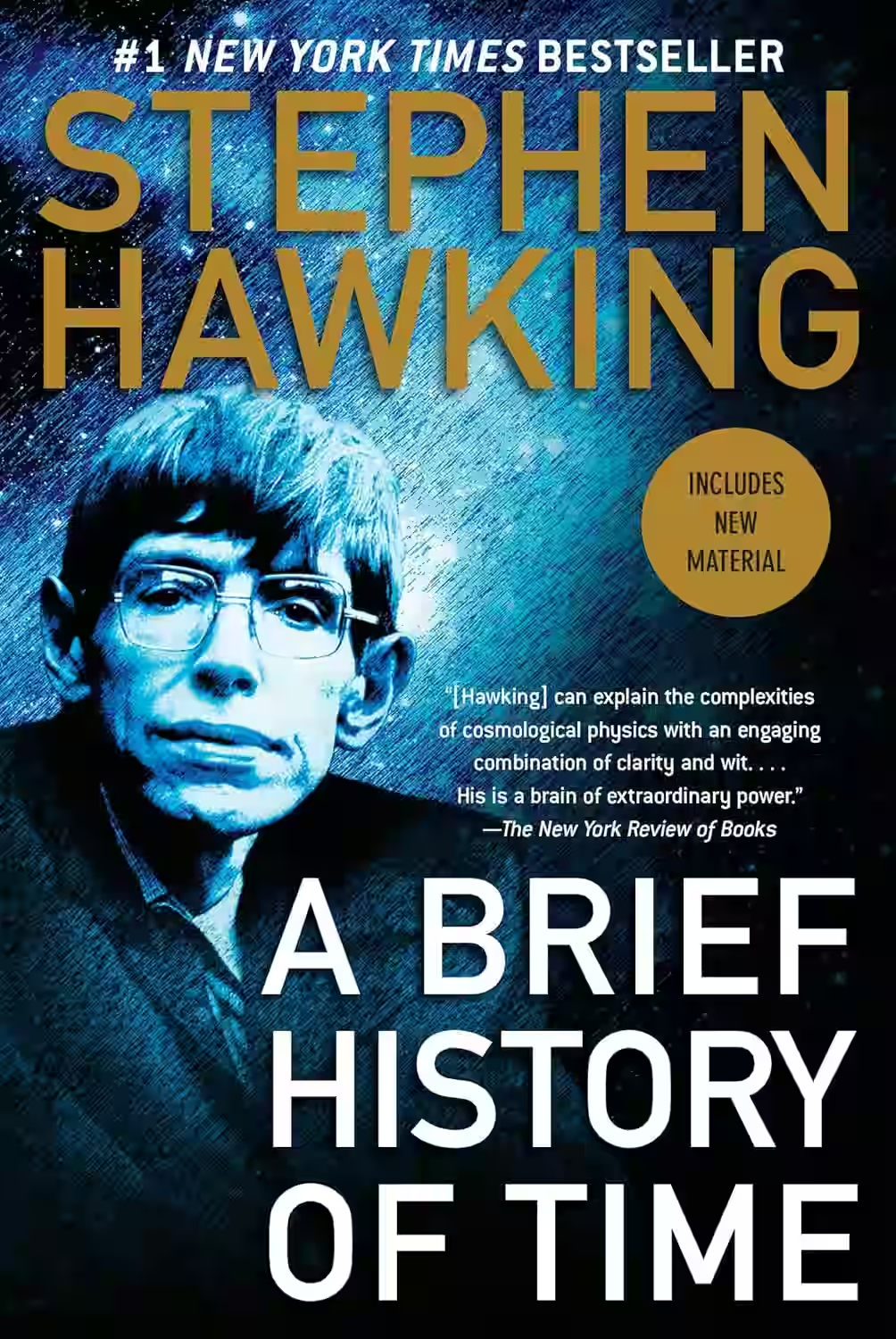
A Brief History of Time
Was there a beginning of time? Could time run backwards? Is the universe infinite or does it have boundaries? These are just some of the questions considered in the internationally acclaimed masterpiece by the world renowned physicist - generally considered to have been one of the world's greatest thinkers. It begins by reviewing the great theories of the cosmos from Newton to Einstein, before delving into the secrets which still lie at the heart of space and time, from the Big Bang to black holes, via spiral galaxies and strong theory. To this day A Brief History of Time remains a staple of the scientific canon and its succinct and clear language continues to introduce millions to the universe and its wonders.
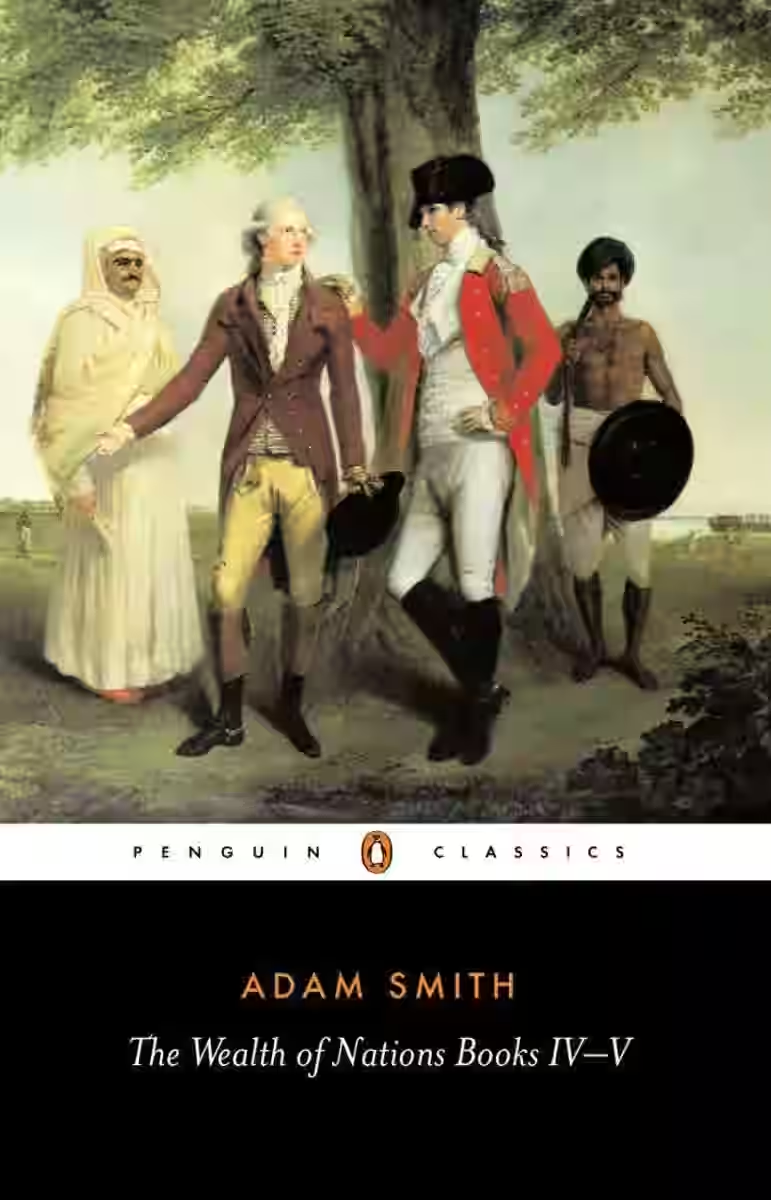
The Wealth of Nations: Books IV-V
by Adam Smith
Series: The Wealth of Nations (#2)
Books IV–V of The Wealth of Nations critique existing economic policies and propose a framework for limited but essential government intervention. In Book IV, Smith dissects the mercantile system, rejecting trade restrictions and monopolies while advocating for free trade. He critiques colonialism and tariffs, favoring open markets. Book V addresses the role of the state in education, justice, defense, and infrastructure—functions Smith sees as necessary for a stable, prosperous society. These volumes balance his case for laissez-faire economics with the need for public investment, rounding out his vision of a functional, ethical, and productive political economy.
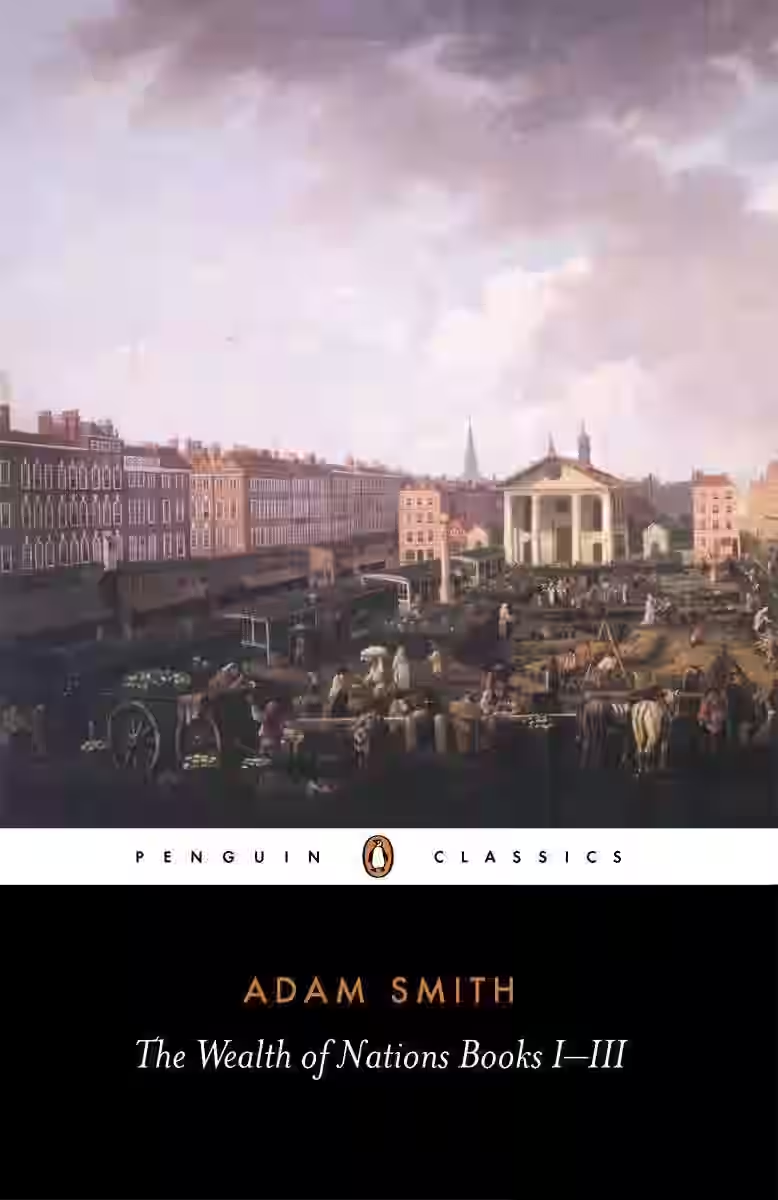
The Wealth of Nations: Books I-III
by Adam Smith
Series: The Wealth of Nations (#1)
In Books I–III of The Wealth of Nations, Adam Smith lays the foundation of classical economics by exploring the nature of labor, productivity, and market systems. He introduces the concept of the "invisible hand" and argues that individual self-interest can promote the public good through free-market mechanisms. Book I focuses on the division of labor and value, Book II on capital and stock, and Book III on the historical evolution of economic systems. Smith’s analysis of productivity, competition, and the role of self-regulation revolutionized economic thought and established key principles that underpin modern capitalism and economic theory.